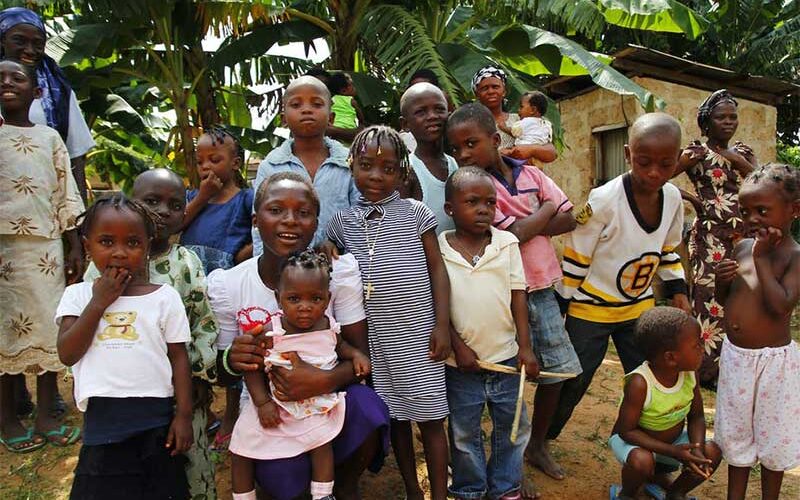
Tramways and light rail could be Africa’s urban mobility game changer
MORE African countries are deploying light rails and tramways to facilitate urban mobility as population growth in Africa’s major cities continues to surge. Angola’s capital is set to inaugurate its first tramway line in a partnership with Siemens, through the German company's railway construction subsidiary, Siemens Mobility. According to Metro Report International, a global railway news reporting agency, the US$1.4 billion (1.3 billion euros) project includes 39 km of double-track light rail linking the port of Luanda with Kilamba, a major housing development southeast of Luanda. “Siemens Mobility has confirmed to Metro Report International that it is working with the…

